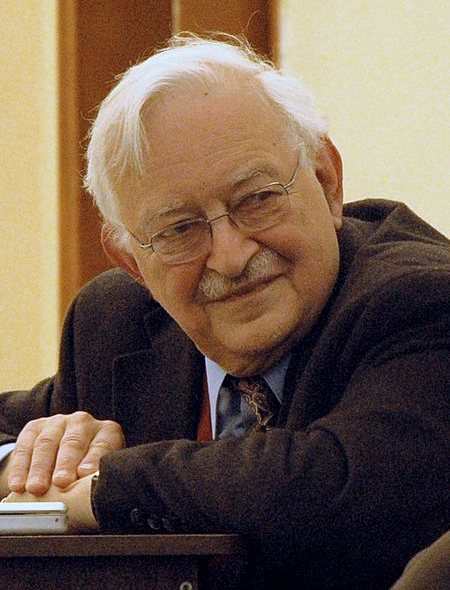Few authors have contributed more to our thinking about globalization than Immanuel Wallerstein, the great pioneer and proponent of world systems theory. His seminal works map the complex relations among countries and regions as a dynamic system of flows between a core and its peripheries. In this talk, Wallerstein addresses both the continuing relevance and the limitations of the world systems model. Are we still at the center? If so, where are the peripheries, and what is happening there?
Widely considered one of the most influential economic and historical materialists of the modern world, Immanuel Wallerstein is former President of the International Sociological Association (1994-1998), and chair of the International Gulbenkian Commission on the Restructuring of the Social Sciences (1993-1995).
Before joining Yale University as a senior research scholar in 2000, Wallerstein taught at Columbia, McGill, and Binghamton universities. In the 1970s he began to take a different view of the world, which he called “world-systems analysis.” This involved two major intellectual decisions: to look at the whole world system as a unit of analysis, and an insistence that all social science must be studied as simultaneously historic and systemic.
He writes in three domains of world-systems analysis: the historical development of the modern world-system, the contemporary crisis of the capitalist world-economy, and the structures of knowledge. Books in each of these areas include, respectively, The Modern World-System (4 vols.), Utopistics, or Historical Choices for the Twenty-first Century, and Unthinking Social Science: The Limits of Nineteenth-Century Paradigms. Volume 1 of The Modern World received the Sorokin Award in 1975.
Senior Research Scholar in Sociology
Yale University



